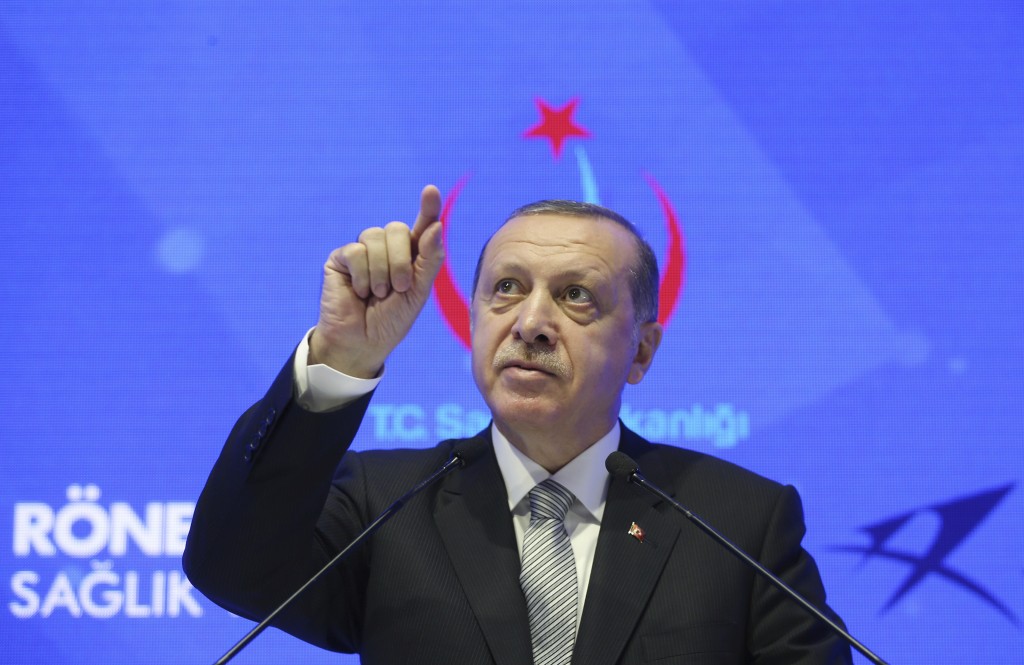Mahmoud al-Batakoushi
European countries suffer from the cancer implanted by Turkish President Recep Tayyip Erdogan and his Justice and Development Party (AKP) within their societies, but they did not notice the danger until after a long time, as European governments woke up relatively late in the face of this penetration and soft invasion that Erdogan had achieved inside their countries in hope of influencing his dream decision, namely joining the European Union.
In the fourth part of the “EU and Erdogan” series, we monitor the silence of European countries on Turkish policies regarding many European capitals, turning their surroundings into unsafe environments for many Turkish opponents, especially from the Kurds, Fethullah Gulen and the Armenian communities, after Erdogan was able to sow fear and exploit the Turkish and Muslim communities in Europe, especially in Austria, Germany and France, in order to pressure the countries in which they reside, seeking to present himself as a leader holding the strings and that he could stir chaos in those countries when he wants. The price for that would be silence from Europe over his policies, or it must face the anger that he could provoke in its societies, which came to fruition after his success in transforming the system of government in his country from parliamentary to presidential, taking advantage of the voices of the Turkish communities in Europe.
European awakening
At that moment, European intelligence services began placing many organizations with suspicious objectives under surveillance, the most prominent of which is the Milli Gorus movement, which was placed them under the supervision of the Office for the Protection of the Constitution, the German intelligence service, and underwent inspections targeting their mosques and economic and cultural institutions.
Investigations revealed the involvement of mosques belonging to the Turkish-Islamic Union of the Directorate of Religious Affairs (Diyanet) in Germany in tracking down and spying on Erdogan’s opponents, whether Turks or Germans, and the investigations indicate that there are about 8,000 people carrying out these acts for the benefit of Turkish consulates.
European countries have also paid attention to Erdogan’s plan and its main purpose of expanding the building of mosques, and they are tightening the screws on Turkish activities inside their territories. According to the Gatestone Institute, Turkey employs Diyanet as an intelligence agency responsible for collecting information abroad through imams employed in 38 countries, especially against followers of the Hizmet movement.
According to the Gatestone Institute report published in October 2019, Germany was the first to become aware of these activities, and it has conducted investigations with a number of its officials, regarding information about the practice of subversive espionage activities. Peter Pilz, a representative in the Austrian parliament, announced that he had obtained a document proving the existence of an international network of informants working for Turkey in several countries, including Austria, to gather information on opponents of Turkey’s ruling party for generous salaries.
Espionage operations for Turkish intelligence
Austrian Interior Minister Karl Nehammer said that his country will file charges against a person who confessed to spying for the Turkish intelligence services. He added that the authorities are investigating more suspected espionage activities, warning Turkey that this cannot be tolerated.
The minister added that Vienna found that more than 30 Austrians were arrested in Turkey between 2018 and 2020 after they entered the country, and there are indications that Turkish intelligence tried to recruit them.
Perhaps this has contributed to the poor relations between Turkey and Austria, which are going through their worst stages since Austrian Prime Minister Sebastian Kurz took over the reins of power in the country and demanded to block Turkey’s attempt to join the European Union and to limit Ankara’s influence on the large Turkish community in Austria.
It is noteworthy that Austria has included two slogans used by groups in Turkey in its war on terrorism law, namely the grey wolf used by the hard-line Nationalist Movement Party (MHP) and the Rabaa slogan through which Erdogan is in solidarity with the Brotherhood in Egypt.
The Austrian authorities also expelled an Italian of Turkish origin, who said that he had received orders to assassinate three figures critical of Ankara.
In France, the government decided to dissolve the Grey Wolves movement on charges related to hatred and violence. The government also introduced the Islamic separatism law, and among its measures is to limit foreign funding for religious activity and to impose restrictions on importing imams from abroad, especially from Turkey, and to train imams at home in Europe according to curricula that take into account the conditions of Muslims in European countries, where there are currently about 151 imams on scholarships from Turkey in France, and 65% of imams in the country receive salaries from Turkey.
In Austria, the authorities are discussing setting up a law criminalizing membership in Islamic political organizations, which threatens the influence of a wide range of Turkish networks with an Islamist orientation. These new legislations come to dismantle Turkish networks, as these networks benefit from loopholes in the prevailing laws.
In a move that appears to be late, European countries are trying to integrate Turkish communities into the social fabric and break the influence of the Turkish regime by preventing the recruitment of teachers from Turkey and integrating youth groups of Turkish origin into their European societies.








































admin in: How the Muslim Brotherhood betrayed Saudi Arabia?
Great article with insight ...
https://www.viagrapascherfr.com/achat-sildenafil-pfizer-tarif/ in: Cross-region cooperation between anti-terrorism agencies needed
Hello there, just became aware of your blog through Google, and found ...